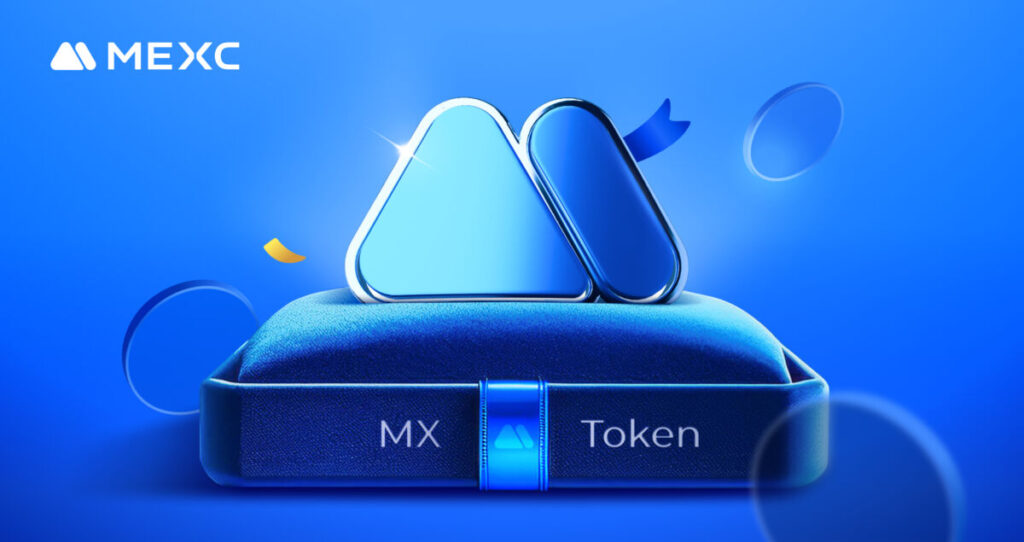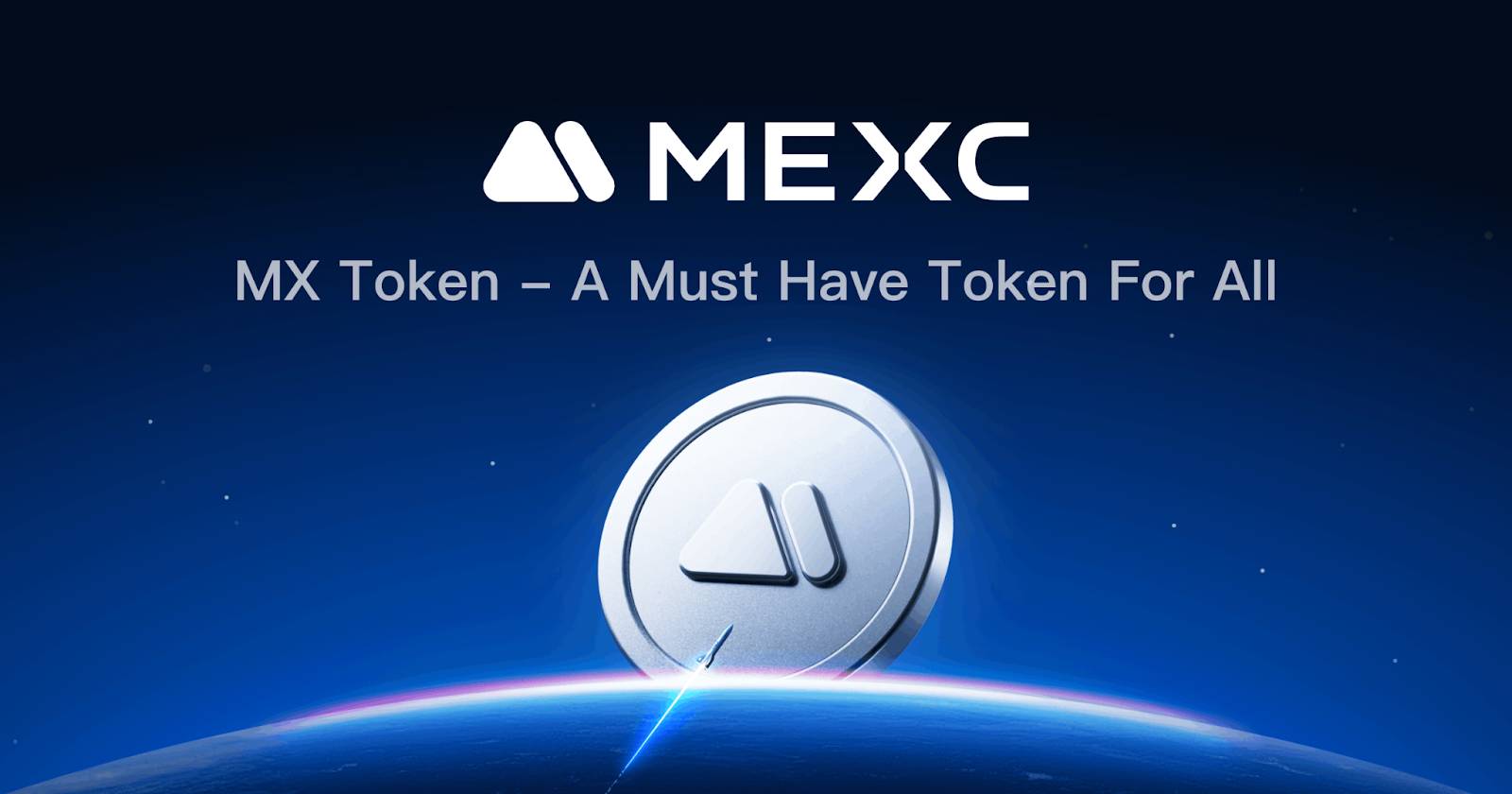
7 minute read
Is MEXC Legal in South Africa? What You Need to Know
from MEXC
by Exness_India
If you’re wondering whether MEXC, a popular global cryptocurrency exchange, is legal in South Africa, the short answer is: Yes, MEXC is currently legal to use in South Africa. However, like any platform operating in a complex financial and regulatory environment, there are important caveats and regulatory considerations you need to understand before using it.

✅ Trade with MEXC now: Open An Account 👈
In this article, we’ll break down:
· The legal status of MEXC in South Africa
· The regulatory framework for crypto in the country
· Whether MEXC is licensed or registered locally
· Risks and responsibilities of South African users
· What the South African Reserve Bank (SARB) and FSCA say about exchanges like MEXC
· Alternatives and tips for safe trading
MEXC is Not Banned in South Africa
As of 2025, there is no ban on using MEXC in South Africa. The platform is accessible from within the country, and South African residents can create accounts, deposit funds, and trade cryptocurrencies. The Financial Sector Conduct Authority (FSCA) — South Africa’s primary financial watchdog — has not blacklisted MEXC or issued a warning against using it.
This means that South Africans are legally allowed to use MEXC, but they do so at their own risk, and with a full understanding that MEXC is not registered or licensed as a financial service provider in South Africa.
MEXC is Not Regulated by the FSCA
While MEXC operates legally in South Africa in the sense that it isn’t banned, it’s important to know that it is not regulated by the Financial Sector Conduct Authority (FSCA). This means the exchange does not hold a local license to provide financial services or act as a crypto asset service provider (CASP) within the country.
Why does this matter? Because South African regulation now requires that any company providing crypto-related financial services — including exchanges, brokers, and wallet services — must apply for a license under the Financial Advisory and Intermediary Services (FAIS) Act.
The FSCA began enforcing these rules starting in 2023, giving platforms until December 2023 to submit licensing applications. Platforms that failed to do so are considered non-compliant, even if they're still accessible from South Africa.
MEXC has not publicly disclosed any efforts to register with the FSCA.
The SARB’s Position on Crypto and Cross-Border Transactions
The South African Reserve Bank (SARB) has not outright banned the use of cryptocurrency exchanges like MEXC, but it has issued multiple warnings regarding cross-border crypto transactions. South Africa has strict exchange control regulations, which require that any cross-border payments or international transactions be approved or declared to the SARB.
Since MEXC is headquartered outside South Africa (it’s a global platform with operations across several jurisdictions), any deposits or withdrawals to and from the exchange technically qualify as international transactions.
Here’s what that means in practice:
· If you use a South African bank account or card to fund your MEXC account, you are initiating a cross-border payment.
· If you withdraw from MEXC to a local bank, that too is considered a cross-border receipt.
· These transactions should be reported according to exchange control regulations.
Failure to do so may not result in immediate penalties, but it can create compliance issues, especially if you move large sums or trigger anti-money laundering flags.

✅ Trade with MEXC now: Open An Account 👈
The FSCA Has Warned About Unlicensed Crypto Platforms
In multiple statements, the FSCA has warned South African investors about using foreign, unlicensed crypto platforms. These warnings do not mention MEXC specifically, but they serve as a general caution to anyone using platforms not licensed locally.
While the FSCA does not criminalize the use of unlicensed platforms, it emphasizes that users have no recourse if things go wrong — whether that’s loss of funds, fraud, or security breaches. Since MEXC is not regulated locally, South African users are not protected under any local financial consumer protection laws.
This makes it crucial to understand the risks of using unregulated platforms, even if they appear trustworthy or have good reputations globally.
So, Can You Legally Trade Crypto on MEXC in South Africa?
Yes, you can legally trade crypto on MEXC in South Africa. But legality doesn’t equal endorsement or protection. The FSCA has made it clear that while crypto assets are not illegal, they operate outside of the regulated financial system unless the provider is licensed.
If you trade on MEXC:
· You are not breaking the law.
· But you are dealing with an unlicensed entity in the South African context.
· You are not covered by the FAIS Act or protected by the FSCA.
· You assume full responsibility for any losses or disputes.
Is MEXC Safe to Use for South African Residents?
MEXC is a well-known exchange, ranked among the top global platforms in terms of trading volume and supported tokens. It offers features like spot trading, futures, margin trading, staking, and more. The exchange claims to have advanced security systems, proof-of-reserve audits, and compliance mechanisms in certain jurisdictions.
However, there are some critical safety considerations:
· Lack of local regulation: As discussed, there’s no FSCA oversight.
· Limited legal recourse: You cannot escalate disputes through South African courts or regulators easily.
· No local customer support: All support is handled internationally.
· Data protection concerns: Your personal information is stored offshore.
· Possible compliance flags with banks: Your transactions may trigger scrutiny or limits from local banks or SARS (the South African Revenue Service).
What Does South African Law Say About Taxing Crypto?
Whether you use MEXC or another exchange, any crypto activity is fully taxable in South Africa. SARS treats crypto assets as property (not currency) and expects full disclosure of:
· Capital gains from trading
· Income from staking or mining
· Crypto received as payment
· Offshore holdings or wallets
Even if you use an international platform like MEXC, you are required to report your earnings and pay tax on them. Failing to do so can lead to audits, penalties, and in some cases, criminal charges.
Alternatives to MEXC in South Africa
If you're concerned about compliance and protection, you may want to explore locally licensed crypto exchanges. As of 2025, several platforms have either received or applied for licenses under the FSCA’s new regulatory regime.
These include:
· VALR
· Luno
· Revix
· AltCoinTrader
While these platforms may not offer the same breadth of tokens or trading features as MEXC, they do operate under South African regulations, and may offer better consumer protection.
Conclusion: Is MEXC Legal in South Africa?
Yes, MEXC is legal in the sense that it is not banned, and South Africans can access and use the platform freely. However, MEXC is not licensed by the FSCA, and therefore does not operate under local regulatory protections. Users must be aware of the risks, tax obligations, and legal responsibilities that come with using an offshore, unregulated crypto exchange.
If you choose to trade on MEXC, do so with caution, declare your earnings, and understand that you will have limited protection in the event of a dispute or technical failure.
South Africa’s crypto environment is evolving quickly, and regulation is catching up. For users who prioritize security, legality, and peace of mind, using a locally regulated exchange may be the better option.
But if your priorities lie in access to advanced trading tools, a wide token selection, and global liquidity — and you understand the risks — MEXC remains a viable platform for informed, responsible users in South Africa.
✅ Trade with MEXC now: Open An Account 👈
Read more:








